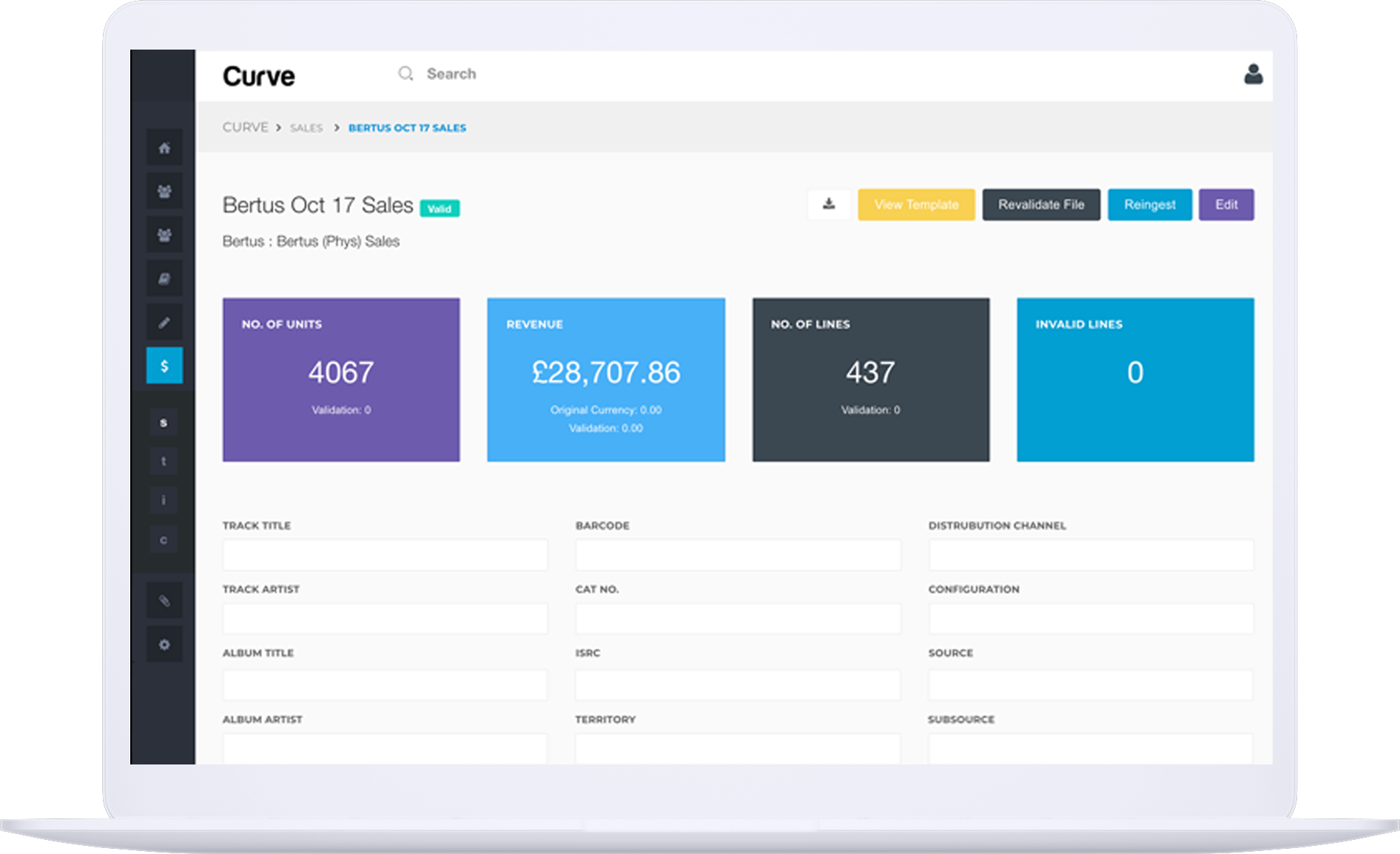
1024x1024 |
640x640 |
120x120 |
75x75
 MusicRoyaltySoftware
Image
Posted Jul.18th, 2022, viewed 957 times
MusicRoyaltySoftware
Image
Posted Jul.18th, 2022, viewed 957 times
Music Royalty Software
Preferring Music Royalty Software can be a conundrum, notably when you have no idea where to begin. Hopefully this post can be of assistance.
Music blogs can be really powerful on a small level, especially if the reader finds that they share the taste of the critic and are willing to try things they wouldn’t ordinarily go for because they trust the writer’s judgment. On a larger scale, I think blogs are more powerful in aggregate, but when that happens, it’s really more of a word-of-mouth phenomenon that has little to do with the individual writers. Records can be distributed by licensees. A licensee is someone who signs a license agreement with a record company, which allows them to actually manufacture and distribute records, as opposed to merely buying and distributing goods manufactured by the record company. Songwriters collect the songwriter’s portion of the royalties directly but also must open a publishing company to collect their share of the publisher’s royalties, which won’t be paid to them directly. Even if you only hold a piece of the publishing rights, you need a company to collect royalties. It’s much easier to get a music lawyer than a manager. Why? Because the time required of a lawyer is minimal compared to the time a manager has to devote. The manager is expected to help you with songs, image, bookings, babysitting, etc., but the lawyer only has to spend a few hours getting people to check out your music. It’s the lawyer’s relationships—not their time—that count. Spotify does have some pros for the people who might want to use their services as an artist. People aren't usually willing to part with money on a CD if they don't like the music. The problem is that before Spotify, people wouldn't have a way to hear the music before buying the CD. Nowadays, you can come across a band on Spotify and if you like them, you can still go out and buy the CD. Print royalties are not common for recording artists. But are a common form of payment for classical and film composers. This is due to the multitude of factors involved.

Acquiring a market direction to bring your songs, instrumental themes and talent to a wider audience may see you rewarded with the success you feel you deserve. In a standard music publishing deal , a songwriter assigns their copyright in a song to the publisher, who allocates a portion of royalties to the songwriter and keeps a portion as compensation for licensing the works, registering the songs with performance and mechanical rights organizations, and more. Getting out to gigs is still very important, Soundcloud and YouTube are also key. Building up your contacts in the industry is valuable as well and there are plenty of networking events to attend. There are a number of different rights in a song. They are sometimes not found in legislation, but they are administered differently for commercial reasons. The music industry has always had a fairly complex monetization structure which can be simplified by using
Music Publishing Software today.
Upload, Allocate And Organize Your Royalties
There is no one type of music. As a songwriter, you should be able to play an instrument, if not multiple instruments. You should be able to write lyrics. And, preferably, you should have the ability to record demos too. Music royalty software allows for full traceability with your world-wide sales, automated matching, validation and checking functions for optimal efficiency in processing your ever increasing data feeds. Everything in a copyrighted musical work is protected. Not even teeny pieces of melodies, hooks, or lyrics from other songs can be used without permission. Many accomplished musicians find careers in teaching. Music education is part of the music industry, though not everyone would immediately recognize it as such. Music revenue leakage by inaccurate calculations and forecasts can be avoided by using
Music Royalty Companies for your music business.
The best music managers understand salesmanship and use those skills to create the interest of others in the music business in the manager’s clients. While there is no silver bullet to resolve the streaming income gap, the dominant music system ought to be putting money in the pockets of musicians. A small redistribution of wealth is a much fairer way to pay out consumers' money. A good music leader or manager identifies worthy goals, he or she often collaborates with stakeholders (those who stand to profit or lose from an endeavor) to develop a set of logical steps to achieve them. At the end of the day, the songwriter still owns the song, but working out licensing, pitching to music supervisors, and collecting royalties is a lot of work. Charts in general build a story around a record for the corporate/industry people. They don’t help with fans that much, but if the industry gets excited about a record, then fans will, too. The best
Royalties Management Software give you the speed and flexibility needed to manage your recording or publishing business in the digital age.
Community Critique
This work has not yet received a critique from members of the Drawspace community. Check back soon!